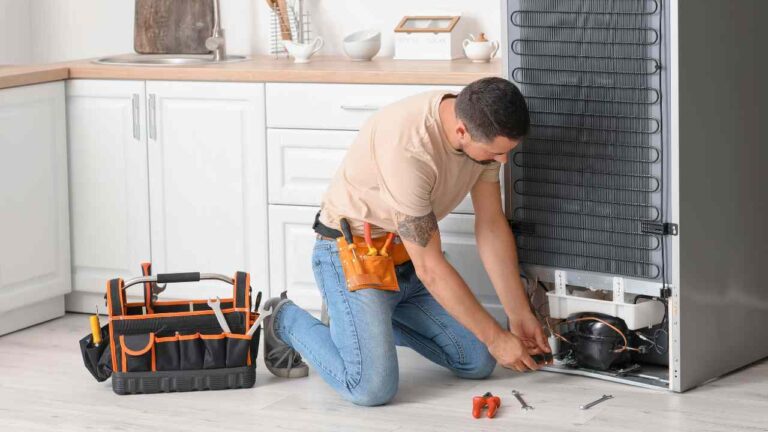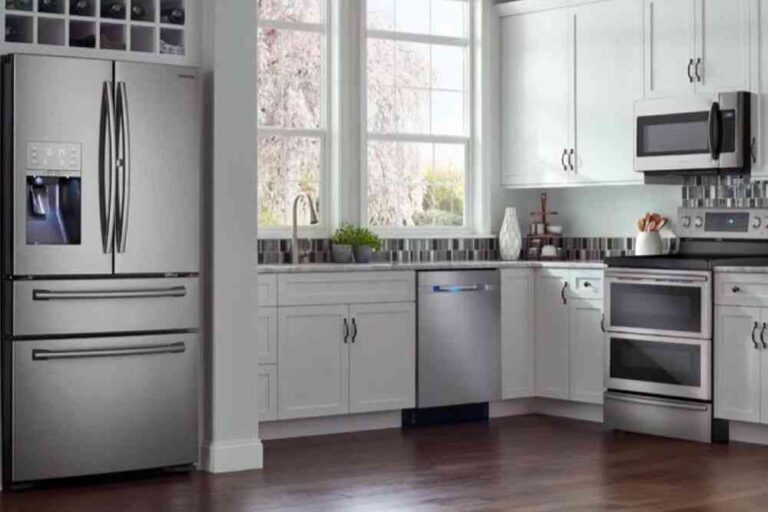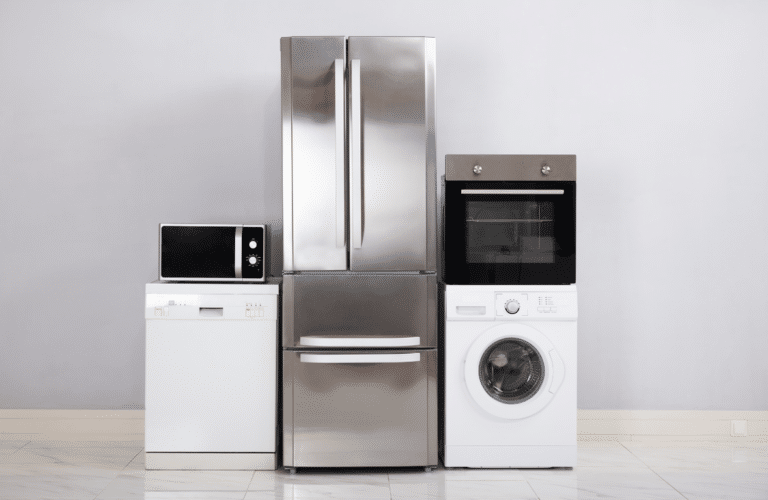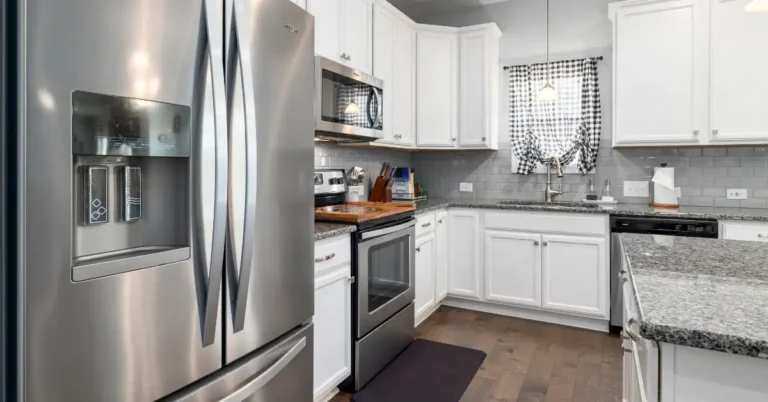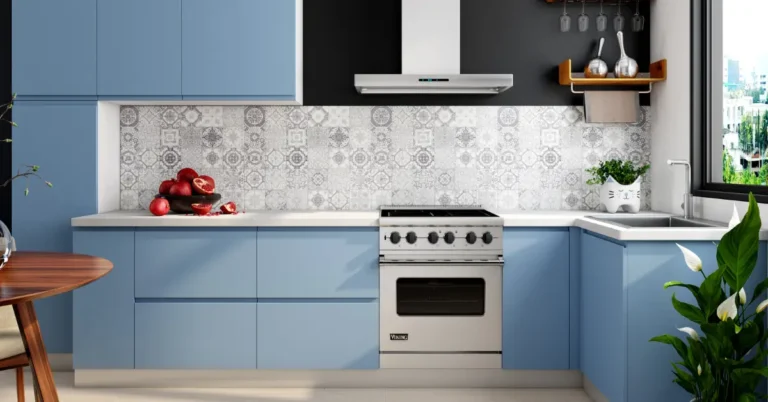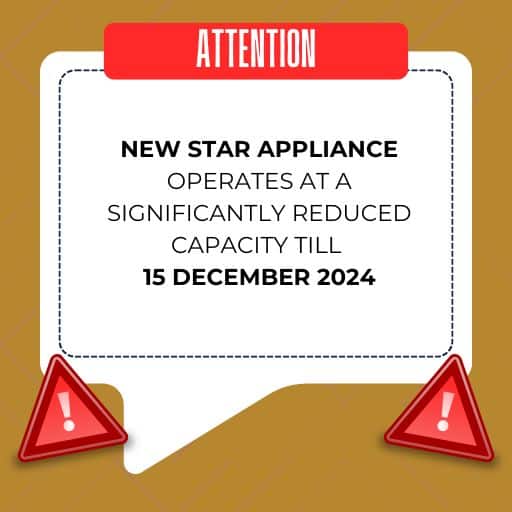In today’s fast-paced world, the question of whether to repair or replace aging appliances is a common dilemma. Ovens, often considered the workhorses of the kitchen, are no exception. They play a vital role in daily life, and deciding whether to repair an old oven can be challenging. This article explores the factors that help determine whether repairing an old oven is worth it or if it’s time to move on to a new one.
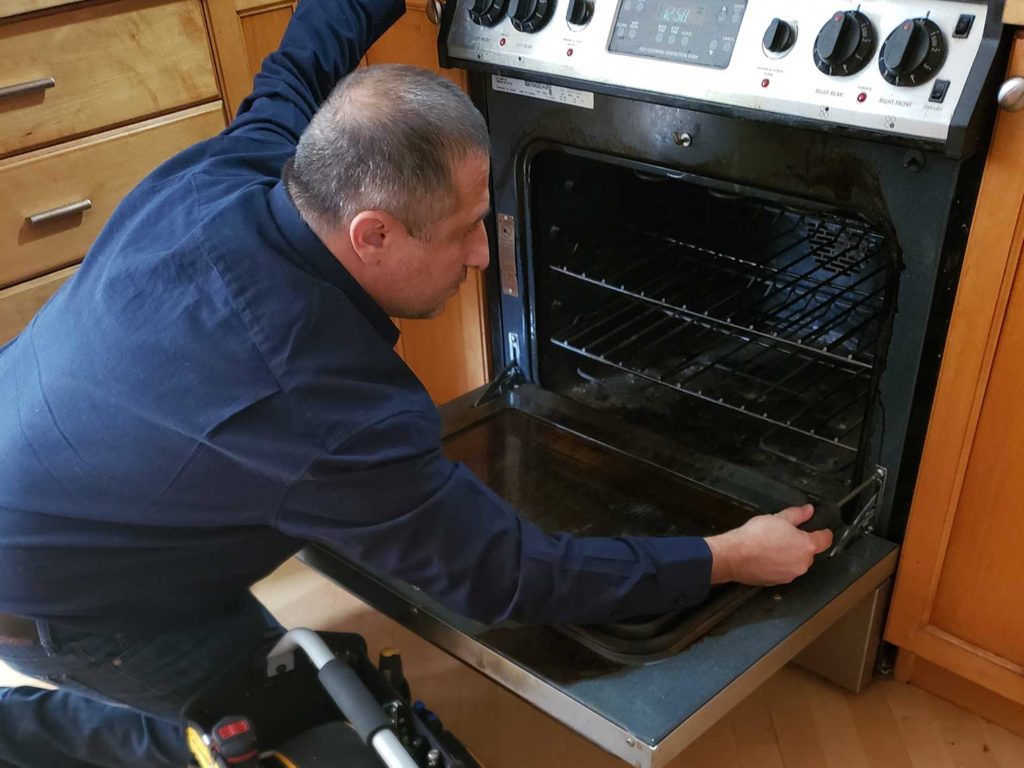
The Age Factor
One of the first considerations when evaluating whether repairing an old oven is the right choice is its age. A general rule of thumb suggests that appliances older than 10-15 years might start experiencing frequent issues. Additionally, older ovens are often less energy-efficient compared to newer models, which means they may contribute to higher utility bills. If your oven has surpassed this age range and has been requiring repairs more frequently, it might be time to consider a replacement. On the other hand, if your oven is relatively young but has developed a fault, repairing an old oven could be the more cost-effective and practical choice.
Repair Costs vs. Replacement Costs
The cost of repairs is a critical factor in the decision-making process when repairing an old oven. If repair costs are minor and the oven’s overall condition is good, repairing an old oven is usually the smarter option. For instance, replacing a heating element or fixing a faulty thermostat often costs significantly less than buying a new oven. However, if the cost of repairs approaches or exceeds 50% of the price of a new oven, it might be more financially sensible to invest in a replacement. This is especially true if your old oven lacks the energy efficiency and advanced features of newer models.
Energy Efficiency and Long-Term Savings
Another crucial factor to consider when repairing an old oven is energy efficiency. Modern ovens are designed with improved technology that reduces energy consumption. If your old oven is causing your electricity bills to spike, replacing it with a more efficient model could result in substantial long-term savings. Energy-efficient ovens often come with features like better insulation, faster preheating, and smart controls, all of which contribute to a better cooking experience while consuming less energy. However, if repairing an old oven can restore its functionality without excessive costs, it might still be a worthwhile option.
Availability of Replacement Parts
The availability of replacement parts is another practical consideration when repairing an old oven. For older models, it might be challenging or expensive to source the necessary components. In such cases, repairs can become more costly and time-consuming, making replacement a more attractive option. Conversely, if parts are readily available and affordable, repairing an old oven can extend its lifespan without breaking the bank.
Sentimental Value and Unique Features
Sometimes, the decision to repair an old oven is influenced by factors beyond practicality. If your oven has sentimental value or offers unique features that newer models don’t, you might be inclined to repair it despite the costs. Vintage ovens, for example, often have a charm and build quality that is hard to replicate in modern appliances. In such cases, the emotional and functional value of the oven might justify the expense of repairing an old oven.
Signs It’s Time to Replace
While repairing an old oven can often be a viable solution, there are certain signs that indicate replacement might be the better choice:
- Frequent breakdowns: If your oven is becoming unreliable and requires constant repairs, it might be time to let it go.
- Safety concerns: Faulty wiring, gas leaks, or other safety issues are serious concerns that often warrant replacing the appliance.
- Outdated technology: If your oven lacks features that enhance convenience and efficiency, upgrading to a newer model could improve your overall cooking experience.
Deciding whether to repair or replace an old oven requires a careful evaluation of various factors, including age, repair costs, energy efficiency, availability of parts, and personal preferences. While sentimentality can play a role, it’s essential to weigh the practicality and financial implications of each option. If your old oven is becoming a frequent source of frustration due to breakdowns and inefficiency, upgrading to a newer, more advanced model might be the key to elevating your cooking experience while saving on long-term costs.
Ultimately, the choice to repair or replace an old oven comes down to a balance of practicality and personal priorities. By thoroughly assessing the benefits and drawbacks of repairing an old oven, you can make an informed decision that best suits your needs and budget. Whether you choose to repair or replace, ensuring your kitchen remains functional and efficient is always the top priority.


